A series on the ongoing research partnership between the Group of Eight and India
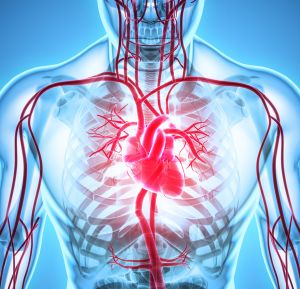
Working together to combat health challenges
The University of Melbourne’s ENCORE program is a collaboration between Australia and India to fight the meteoric rise of lifestyle-related diseases in low to middle-income countries. University of Melbourne experts and India share their expertise.
The project lead is Professor Brian Oldenburg, from the University of Melbourne School of Population and Global Health. He says lifestyle-related illnesses have now surpassed infectious diseases as the lead causes of death worldwide.
“Heart disease, stroke, diabetes and cancers have become the leading causes of deaths in the developing world. Today, 80 per cent of these deaths are people from low and middle-income countries like India. In the developing world this means a ‘double-whammy’ of people living with both chronic and infectious diseases and there are increasing similarities between the two from a public health perspective.
“Chronic conditions, paradoxically, behave like infectious diseases. We are more likely to choose people like ourselves as friends and we also influence other people’s lifestyle so they become more like us. While infectious diseases, like HIV, now behave like chronic conditions because better treatments enable patients to self-manage for the rest of their lives. Australia and India are working together to combat these wicked public health challenges.”
Pioneering health charity turns 75
This year India’s much revered Catholic Health Association (CHAI) – a charity that provides health care to over 20 million people each year through local community workers – turned 75 and celebrated its past and future links with Australia’s University of Melbourne.
CHAI was founded in 1943 in Guntur (Andhra Pradesh Capital Region) by an Australian, Sister Doctor Mary Glowrey who was a 1910 University of Melbourne graduate. As a young woman, Mary read a pamphlet on the plight of children in India, and travelled to Guntur to provide compassion and her skills as a doctor. CHAI had its beginnings providing compassionate and affordable care. For a decade, Mary Glowrey was the only member of a religious order permitted to practise medicine through a special dispensation from the Pope.
At 75 CHAI acknowledges its work still has challenges – service inadequacies for the underprivileged in remote and regional areas; difficulties attracting trained clinicians to marginalised areas; providing affordable, accessible health care to economically disadvantaged communities. Also, the challenge in bringing appropriate programs to these areas, and ensuring access to services for people with disabilities.
The University of Melbourne has used the 75th birthday to acknowledge its remarkable connection with CHAI through Mary Glowrey, and the current relationships in palliative care and disability, through programs such as the Sister Mary Glowrey Scholarships.

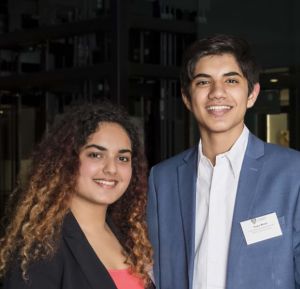
Scholarships help find future leaders
Undergraduate students Madhullikaa Singh from Mumbai and Aryan Bhatia from Delhi are the inaugural recipients of the two major scholarships of the University of Sydney Scholars India Scholarship program, valued at up to AU$200,000 (INR 10,000,000) each.
The program aims to unearth India’s future visionary leaders.
Bachelor of Arts and Advanced Studies student Madhullikaa Sing’s big idea is to challenge people into discussing things that are considered taboo in India, such as menstruation, LGBTI rights, mental health, sexual assault and harassment. She has been using stories and images of young adults to discuss these topics through her Instagram blog, Talk the taboo.
Drawing on his passion for technology, the big idea of Aryan Bhatia, a Bachelor of Engineering Honours student, is to create an app to link farmers via their mobile phones with storage facilities to help reduce crop wastage in India. Around 40 percent of crops are wasted in India every year because farmers are unable to access storage facilities in time.
Partners work to boost grain yields
For hundreds of millions of Indians wheat is their major calorie source. India relies on its wheat crop to feed its huge rural and urban poor population; increased wheat production is a key goal. But since the Green Revolution wheat crop yield increase has slowed and new approaches are urgently needed to regain traction and boost wheat production.
The University of Sydney is partnering with India, Pakistan and the UK in a project that uses a hybrid wheat system superior to anything previously developed. The project involves the Indian Agricultural Research Institute, the University of Agriculture Faisalabad and the UK agriculture group KWS. Australian researchers at the University of Sydney and Grain Crops Institute are world experts and KWS provides its molecular lab facilities. The project is funded through Innovate UK.
Professor Richard Trethowan, Director of the University’s IA Watson Grains Research Centre, says “on-farm yields of maize, soybean and lately rice have all benefited from hybrid introduction. When two inbred lines are crossed, a more vigorous strain is produced.”

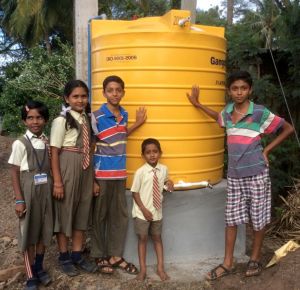
Quest to deliver pure water
A team of University of Adelaide researchers is focussed on providing fresh drinking water to communities in Rajasthan, South Australia’s Indian sister state. They are producing simple, low-cost, self-assembly water purification kits. The kits use UVA radiation direct from sunlight to kill pathogens in water; gravity; some clever design, and basic materials such as glass tubing and metallised plastic to produce up to 10 litres a day of safe drinking water.
The team which includes engineers, microbiologists and anthropologists, has visited Rajasthan to assess water quality, manufacturing capabilities and supply-chains, and raised over $32,000 in crowdfunding to design and produce the kits, with plans to distribute 1000 in 2020. They are building on the simple, successful water treatment kits they developed for the Papua New Guinea highlands, but as the water in India also contains heavy-metal contaminants, these kits need modification for local conditions.
Research probes use of harmful cooking fuels
In large parts of the developing world, families use unclean solid fuels such as wood, charcoal, plus agriculture and animal waste, for cooking and heating. The indoor air pollution from this can significantly affect health, and these fuels also has high environmental and social costs.
With 12 projects underway in India, and plans to expand, the University of Queensland’s Energy and Poverty Research Group (EPRG) collaborates with partners across the globe to develop tailored sustainable, reliable and affordable energy solutions. The UQ group includes PhD students, research fellows and academic research leaders
who work in a wide range of disciplines, including social science, psychology, business, communication and social change, and chemical and mechanical engineering.
One project is in Nakkalavarikota, a small village of 200 in some 40 households in the state of Andhra Pradesh. Everyone there lives below the poverty line, estimated at less than $1 Australian per day.
While there is grid access that provides reliable electricity, and there are televisions, radios and mobile phones in the village, most households still choose to use firewood as the primary cooking fuel. The firewood causes many issues, including eye irritation, headaches, coughing and back pain. Some families have introduced liquid petroleum gas (LPG) as a secondary cooking fuel, but uptake has been slow, with most hesitant to abandon their old cooking fuels. Understanding the reasons for this, despite the government’s efforts and recent policy change, is the EPRG research focus; unravelling the underpinning social constructs behind the resistance to change.
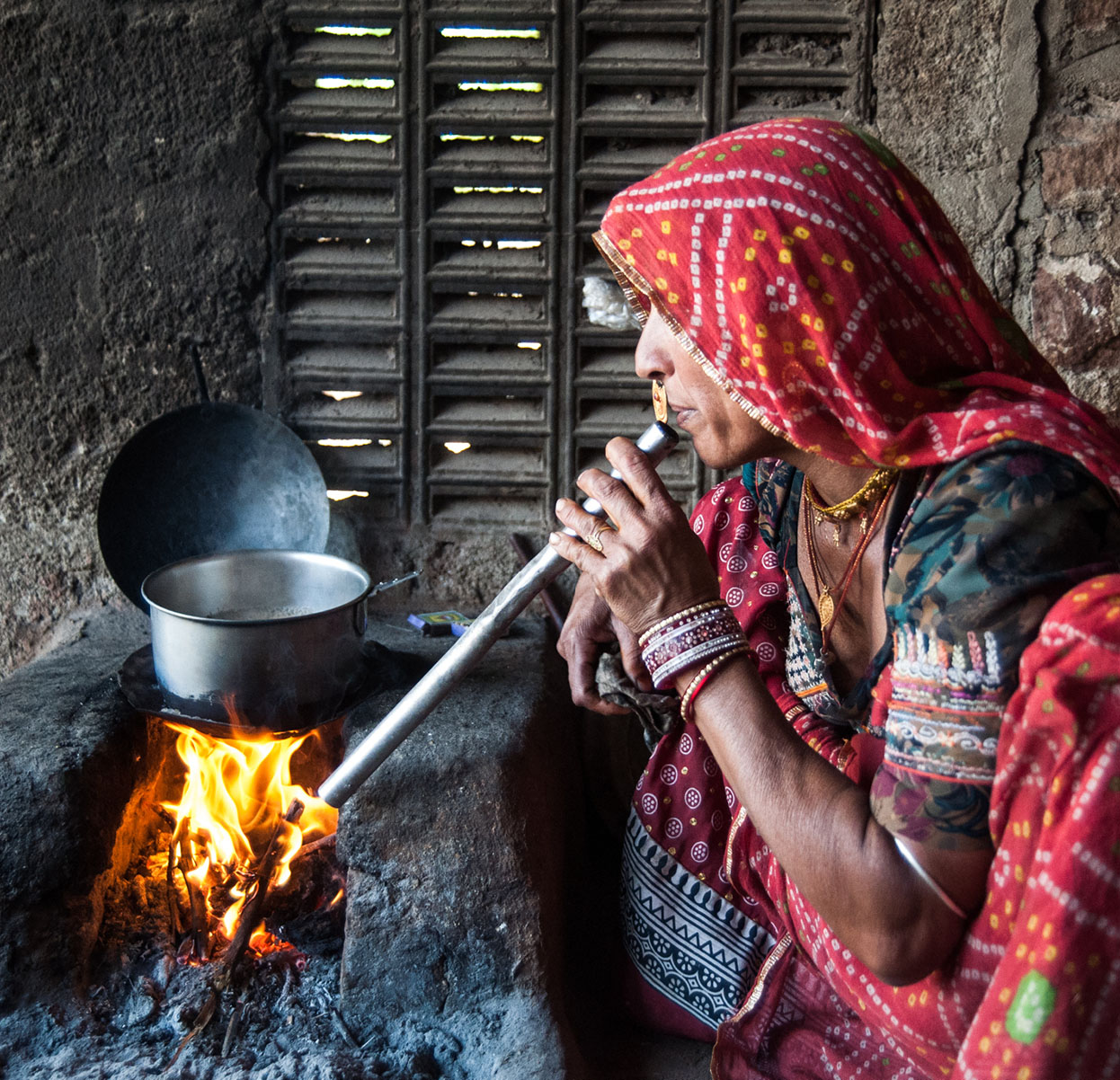
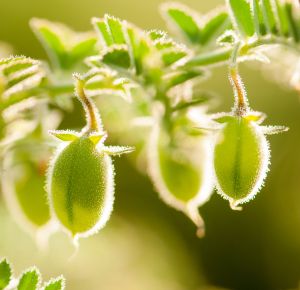
Study to protect major legume crop
A global study led by the International Crops Research Institute for the Semi-Arid Tropics (ICRISAT) and involving University of Western Australia scientists, has identified genes that can develop drought and heat-tolerant chickpeas. This is a significant breakthrough for India’s food security – and for global malnutrition – with chickpeas the third most commonly produced grain legume, but with more than 70 per cent of global yield lost through drought and increasing temperatures (heat stress). The study also mapped the origins of chickpeas, confirming they came to India via Afghanistan. Professor Kadambot Siddique from UWA’s Institute of Agriculture said UWA was delighted to be part of a global research effort with important applications for agriculture and the planet’s future.
New body to advance rail systems
Monash University’s Institute of Railway Technology (IRT) has partnered with India’s Balaji Railroad Systems Ltd (BARSYL), PwC, and the Indian Institute of Bombay (IITB) to guide the establishment of an Indian applied research and development institute, SRESTHA (Special Railway Establishment for Strategic Technology and Holistic Advancement).
SRESTHA will have an international remit, but importantly guide Indian Railways on international models to be adapted to the India’s railway system which is critical infrastructure. Indian Railways is one of the world’s largest railway networks, comprising 92,000 kms of track and employing over 1.3 million people – one of the world’s largest employers. The network carries around 22 million passengers each day and over a billion tons of freight annually.
IRT is Australia’s premier track and vehicle railway research centre, providing efficient and practical solutions to the railway industry. IRT’s projects extend from heavy haul to mass transit, high speed, and general freight.


Lighting advances to help remote students
Enabling children from India’s remote communities to study at night will be one impact of a University of Queensland partnership that has attracted $1 million from the Australian government, and matching funding from India. The new lighting technology research agreement between UQ and its Indian partners could also potentially cut electricity costs and develop next-generation photo sensors for digital cameras. Australian and Indian scientists, as well as industry, are using organic semiconductor materials that are cost-effective and environmentally friendly. The project has made significant progress with the creation of advanced semiconductor materials and devices for light-emitting technologies. Semiconductor-based technologies are vital for both developed and developing countries and are the engines of electronics used in our daily lives. The new technology will be more accessible in advanced sectors and in remote communities currently relying on kerosene lights.
Consumer welfare in joint project’s sights
Australia and India are cooperating on a new consumer protection initiative that will support India in its work to establish a new and effective consumer protection agency. The University of Sydney and experts from national and state regulators are working with an Indian team to help shape a regulatory agency that is equipped to operate in a future economy.
India and Australia recognise consumer welfare and protection as central to economic growth and efficiency. The project, which also involves international experts, supports India’s Ministry for Consumer Affairs.


Training for neonatal emergencies
Determined to help save the lives of women and babies during difficult childbirth, Monash University researcher and Monash Children’s Hospital neonatologist, Dr Atul Malhotra conducts training workshops in Punjab, Uttar Pradesh and Madhya Pradesh.
Post-partum haemorrhage and birth asphyxia contribute to a significant proportion of such deaths in the developing world – close to one million a year. Neonatal resuscitation and prompt recognition of an exsanguinated mother or an asphyxiated newborn is key to reducing mortality.
The workshops include obstetric and neonatal emergency simulation (ONE Sim) “simulation from a suitcase” training, assisted by obstetrician wife Dr Arunaz Kumar who is a Monash Health obstetrician.
The couple’s research showed the benefits of embedding skills early in training, so the program has been expanded to include nursing and medical students. During each visit to India the couple offers multiple workshops in a day, travelling from one rural health centre to another. They have trained more than 1000 staff and students.
Vaccines aim to lower cancer deaths
Two of Australia’s most well-known medical breakthrough, cervical cancer vaccines Cervarix and Gardasil ae commercially available in India and approved by the Drug Controller General of India (DCGI).
Globally 27 per cent of cervical cancer cases are from India. Some one million new cases are diagnosed each year, and there are some 60,000 deaths. Pap smear screening compliance is low. The Indian Academy of Pediatrics Committee on Immunization (IAPCOI) recommends offering vaccine to all females who can afford it.
The primary obstacle is financial and there is yet no cervical cancer mass immunisation program in India. The vision by University of Queensland Professor Ian Frazer and the late Chinese virologist Dr Zhou Jian to protect women against cervical cancer has resulted in more than 205 million doses of the Cervarix and Gardasil vaccines distributed in 130 countries, reducing the number of deaths by cervical cancer by around 250,000 each year.

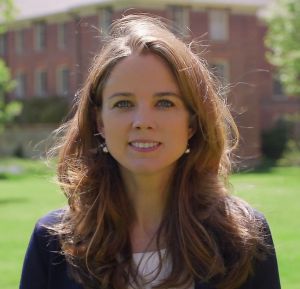
Shaping understanding of India
The University of Melbourne’s Dr Jane Dyson has significantly shaped worldwide understanding of India, and how children learn about it. She has been conducting ethnographic research in the Indian Himalayas for seventeen years, examining gender, education, work, and youth politics. As well as her book Working Childhoods Jane has also produced two award-winning research documentaries. Lifelines which from its enormous influence and success won the Economic and Social Research Council’s Overall Prize for International Impact in 2015 and Spirit released this year. Lifelines has been incorporated in the national school curricula of Wales, the US, Italy and Australia, and both films have shown at international film festivals around the world.
Working for stronger property rights
Dr Jyoti Rao Is a Property Lecturer at the University of Melbourne. During her training as an architect and urban planner, she became interested in people who had lost their land and property rights because of development. Her latest book, ‘Functionings of Land’ applies the economic theory of ‘capability’ to understanding their wellbeing. She is also designing a ‘resilient compensation mechanism’ for those affected by natural and man-made disasters in Australia, India, and Japan. Dr Rao is currently working on how households’ practice in the use, development and adjustment of Indian housing could be incorporated in the Indian government’s “Housing for All” program.

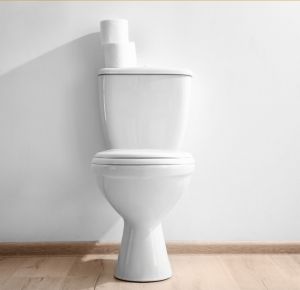
Devising the ‘perfect’ toilet
The current Indian government has poured hundreds of millions of dollars into a Clean India campaign that includes a vast toilet-building program. In 2017 the campaign said 85 million rural toilets had been built in the previous four years. In urban areas, construction was close to five million household toilets and 400,000 community toilets. Yet, goals that focus only on technology and diffusion are doomed to fail. The perfect toilet is not just the one that takes away bodily fluids, but also one that challenges inequitable social systems and cultural stigmas around human waste. In India, millions still defecate outdoors. There are many reasons why the ‘toilet’ is yet to be fully embraced – regional diversity, poverty, inadequate infrastructure and lack of access to water and sanitation facilities. Devising the perfect toilet requires imagination, political will and a social vision that can redress enduring inequalities and prejudices.



